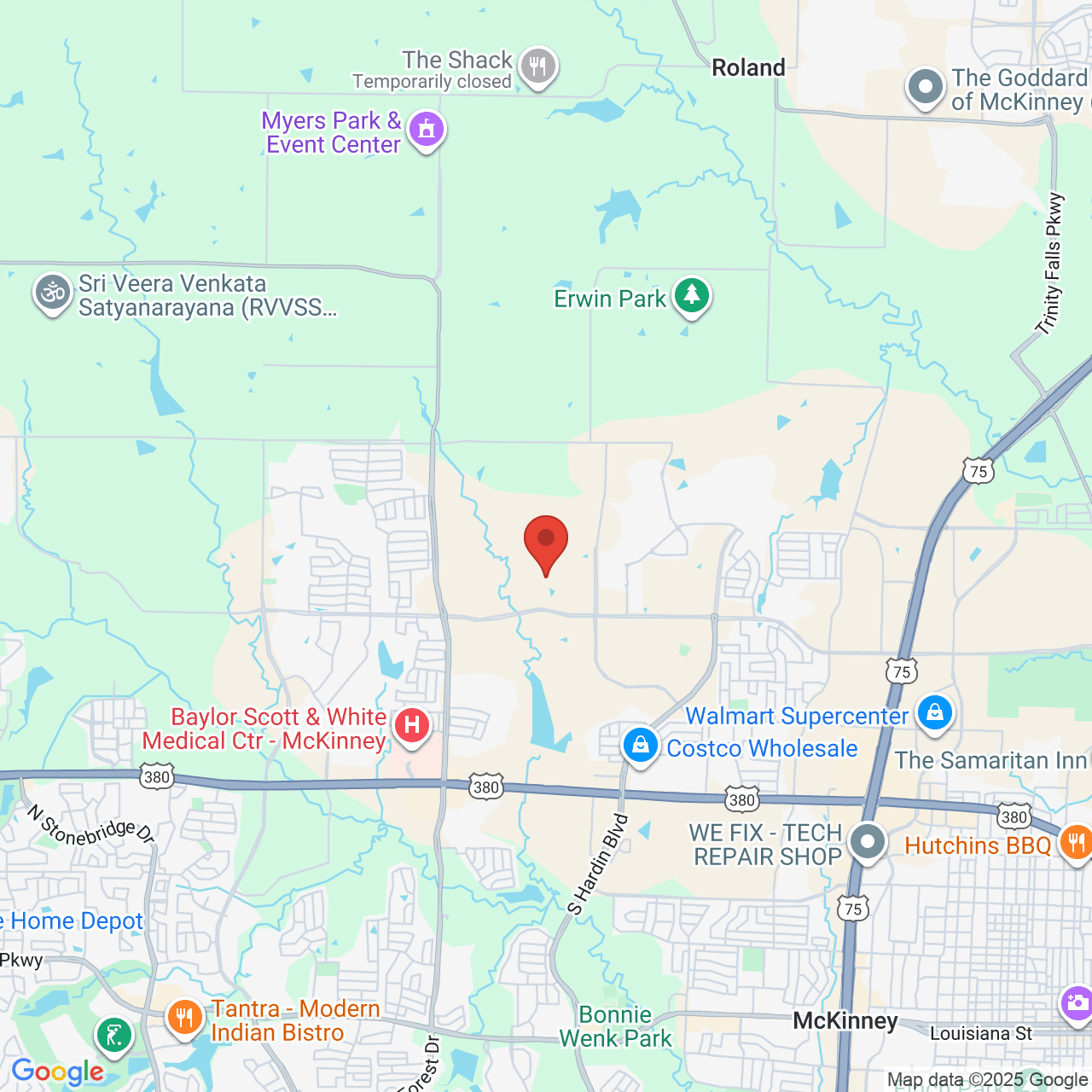The EEOC Is Fighting Discrimination Against Muslim and Middle Eastern People
 The Equal Employment Opportunity Commission (EEOC) has taken a hard stand against discrimination against Muslim and Middle Eastern people. The EEOC Chair made a personal statement against workplace discrimination, highlighting the importance of fighting against religious discrimination and national origin discrimination.
The Equal Employment Opportunity Commission (EEOC) has taken a hard stand against discrimination against Muslim and Middle Eastern people. The EEOC Chair made a personal statement against workplace discrimination, highlighting the importance of fighting against religious discrimination and national origin discrimination.
In light of recent terrorist acts, EEOC officials have urged business owners and supervisors to “remain vigilant,” but to understand what constitutes work discrimination.
Who Is Protected from Religious and National Origin Discrimination?
Title VII of the Civil Rights Act of 1964 prohibits employers from making employment decisions about you based on your religion or your national origin, real or perceived. The law covers employers with 15 or more employees, including both private and government employers.Even as an applicant, you are protected from employers who would make employment decisions about you based on your religion and real or perceived national origin.
Businesses that are covered by Title VII are required to make accommodations for your religion. For many, that means allowing you to swap shifts with coworkers in order to observe religious holidays, or possibly making small exceptions to dress codes.
As long as the accommodations do not constitute what is called “undue hardship” on the business, employers are required to make them. To qualify as undue hardship, the accommodation would generally have to cause more than reasonable detriment or cost to the business. Minimal costs, for example, are not likely to be enough to qualify as undue hardship.
What If an Employer Discriminates Against Me?
If you feel that you’ve been discriminated against, you should file a complaint with your human resources department. Hopefully, that will fix the problem in a timely manner. Still, it is best to begin building a case as early as possible.Start keeping track of any physical or digital evidence you have that points to discrimination, such as letters, emails, voice mails, performance reviews, etc. You should also consider speaking with an experienced employment lawyer about your legal options.
An attorney can show you the difference between what is and isn’t discrimination, and help you understand the legal decisions and possible solutions that may be available to you.



